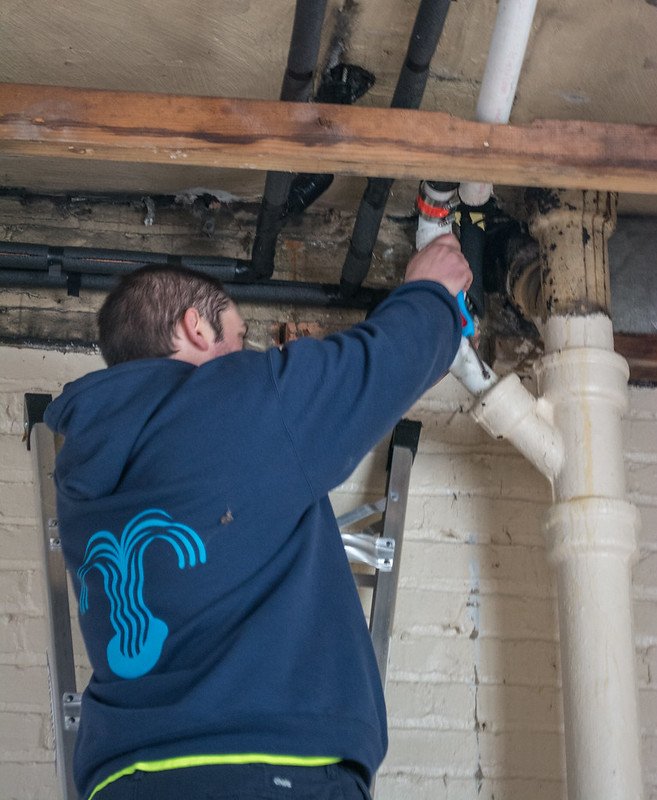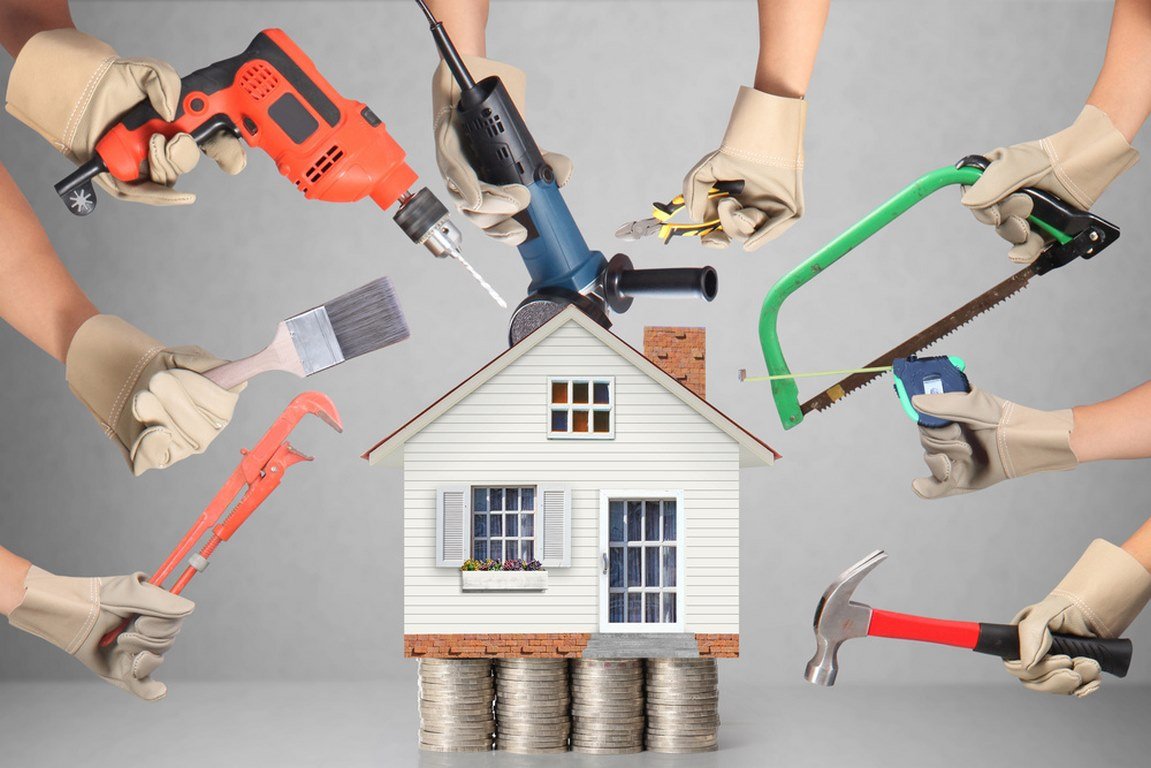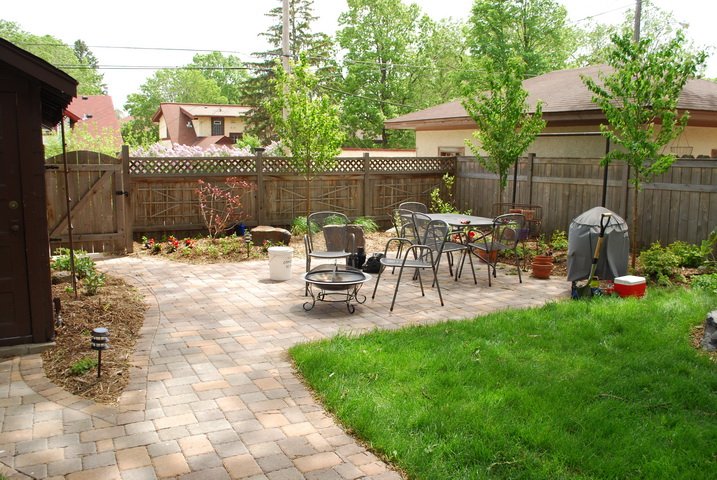The Plumbing profession requires many skills. An Albuquerque plumber may install and repair water and gas fixtures and install and extend underground piping systems. They also clean up and remove debris from renovation projects.

In addition to their daily tasks, plumbers install medical gas and oxygen in hospitals and other facilities. They use specialized materials and techniques to do their jobs.
Job Outlook
The job outlook for plumbers is good, with a projected increase in demand in the next several years. The demand for plumbers will be driven by the increasing number of new buildings and the need to update older structures to meet stricter water efficiency standards.
In addition, there will be an increase in remodeling projects as more homes undergo renovations. Plumbing technicians can also enjoy job prospects in construction and maintenance. However, there are some challenges associated with working in this industry.
Despite the challenges facing the plumbing profession, there is still plenty of room for future growth. According to the U.S. Department of Labor’s Bureau of Labor Statistics, the number of new plumbing jobs will grow by 21 percent between 2012 and 2022.
This is significantly higher than the average rate of job growth. This growth is due to the booming construction industry and new water efficiency standards implemented by cities such as Chicago.
In addition to a strong job outlook, plumbers can expect to make a decent salary. According to the Bureau of Labor Statistics, the median wage for plumbers was $55,160 in 2019. Moreover, plumbers in Chicago were among the highest-paid workers in metropolitan areas.
With the proper training, plumbers are ready to meet the demands of their jobs. However, they must complete educational courses and practical experience before being licensed.
Education Required
Plumbing is a highly skilled trade. It often involves working with water, waste, and other chemicals. Many people don’t realize the high level of training required for this role. To become a plumber, you can attend college, complete an apprenticeship, or train.
Then, if you’ve already gained relevant experience, you can apply directly to employers. Some jobs may require a degree, while others may only require a high school diploma.
Most states require plumbers to have some level of formal education. A plumbing apprenticeship, for example, lasts about four to five years and involves 2,000 hours of on-the-job training.
You’ll learn about local plumbing codes, blueprint reading, and safety while completing an apprenticeship. You’ll also earn a wage for the hours you work.
Plumbing trade technicians need to have a high level of physical fitness. In addition to lifting to 50 pounds frequently, they must also be able to bend and reach. They also need to be computer literate. Finally, they must be able to work with a variety of cultures.
Plumbing is more than just water facilities, though. A skilled plumber can work with steam, air, and other materials. A plumber can install plumbing systems, repair leaks, and help homeowners or businesses maintain and improve their plumbing. Some plumbers even manage complex installations.
Read Also:
Job Duties
Plumbers do various tasks, including installing and maintaining piping, fixtures, and fittings. They also analyze and repair faulty plumbing systems and recommend cost-effective repairs.
They may also install medical gases or oxygen systems or assist in renovation projects. Their work can be demanding, and they must be available all day.
In addition to installing pipes, plumbers may also assemble and repair equipment. They also study building plans and use specific measuring tools to ensure the proper installation and operation.
They may also use power tools and machines to cut and bend pipes to the required angles. A plumber will also maintain detailed work reports and keep accurate work records.
A plumber is also required to have a high level of physical strength. He must be able to lift and carry heavy objects and work around pumps and valves.
He should also have good communication skills because he will work with customers and collaborate with other tradespeople. Working with waste materials is hazardous, and plumbers must consider safety issues when performing their work.
Plumbers often work for maintenance businesses and travel to different job sites to solve plumbing emergencies. They are also required to perform routine maintenance to avoid plumbing problems in the future.
They also source suitable materials for plumbing to ensure proper drainage and water flow. In addition, a plumber will often enter crawl spaces in homes to examine plumbing fixtures and ensure that they are correctly connected.









